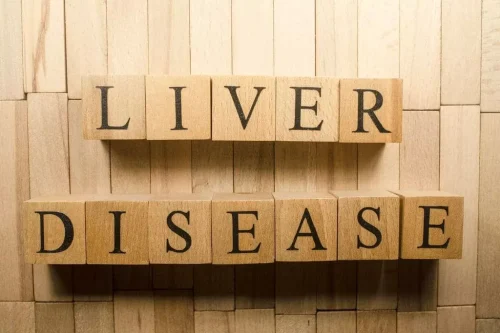
“Specifically, when you’re younger, your brain is going through a lot of changes. A huge risk factor for people who develop alcohol use disorder is early-onset drinking. So, if you drink before the age of 14, there’s about a 50% chance you’re going to develop an alcohol use disorder in your adulthood,” explains Dr. Anand.
Care and Treatment
The more prolonged and heavier the alcohol use, the greater the probability that the brain fog will remain for a longer time. If you think you or someone you know may be struggling with alcohol addiction, it is vital to seek professional help as soon as possible. The most common symptoms include alcohol brain fog confusion, poor concentration, loss of muscle coordination, and loss of mental activity that often lead to coma and eventual death. This is due to the fact that alcohol addiction can damage the brain over time. Suppose you are struggling to manage your stress levels and alcohol consumption.
Health Categories to Explore
While definitions can be variable, one way to look at this is the consumption of 4 or more drinks on an occasion (for women) and 5 or more for men. Additionally, excess alcohol is defined as drinking more than 8 drinks a week (women) and 15 a week (men), or consuming alcohol if you are pregnant or younger than age 21. Evidence for human consumption of alcohol dates back over 10,000 years. Consumption of alcohol has and continues to serve major roles in religious and cultural ceremonies around the world. But unlike most food products, in the last century, alcohol has been wrapped up in nearly perpetual controversy over its moral effects and health implications. Depending on who you ask, you might be told to drink a few glasses of red wine a day or to avoid alcohol altogether.
Can alcohol cause permanent cognitive impairment?
“When you drink alcohol, it makes you a little bit more talkative. But as you drink more — and you don’t need to drink that much more — eventually, the enzymes that break down the alcohol get saturated. So, the alcohol builds up quite quickly,” explains addiction psychiatrist Akhil Anand, MD. And if you have one too many alcoholic drinks, you may start to slur your speech and have trouble walking in a straight line — and that’s all before dealing with a hangover the next day.
Boost Your Brain Health With Reframe
It’s like giving your brain a breath of fresh air after being submerged underwater for an extended period. Alcohol misuse damages the brain over time, which leads to dementia. It is also important to eat a balanced diet that includes plenty of fruits, vegetables, and whole grains since these foods are packed with nutrients that are essential for https://ecosoberhouse.com/ mental health. There are a number of things you can do to help relieve the symptoms of brain fog. Common hormonal imbalances that can cause brain fog include low thyroid hormone levels (hypothyroidism) and high cortisol levels (adrenal fatigue). Answer these questions and you can start your alcohol addiction recovery journey with a clear mind.

Sleep and Stress Management
What are the Stats On Rehab and Recovery?

- A recently released study by the RAND research group revealed the many ways that sleep deprivation negatively affects brain function.
- The best way to combat this issue is to reduce or eliminate alcohol consumption.
- It’s characterized by confusion, forgetfulness, or a lack of mental clarity.
- It can make it difficult for you to focus on tasks at hand, remember things, or pay attention to what’s going on around you.
- There are a number of different supplements that can help improve cognitive function and brain health.
- In fact, a 2021 study found that 7 percent of people with long-haul COVID-19 reported brain fog.
- Alcohol-related neurologic disease refers to a range of conditions caused by alcohol intake that affect the nerves and nervous system.
Leave a Reply